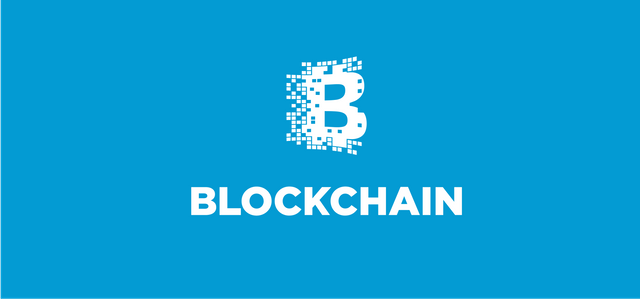A clear and simple explanation of the "block chain" and its impact on the world

Block chain is a hot topic, however I noticed that 'block chain' and its impact remains a rather complex subject for many of us with less technological backgrounds. In this story I will attempt to make it understandable for everyone.
The block chain is a technology that enables "transactions" to be controlled via a distributed ledger.
A ledger maintains a list of all transactions that occur in a network and thus plays an important role in checking the reliability and security of transactions between two or more parties. Transactions can have many forms: physical and online purchase, sell, exchange data between two computers, casting a vote or valuation.
Technically, it works as follows:
All transactions are encrypted packets (blocks) that are added after verification or authorization of the ledger. The ledger thus consists of a chain of blocks (the chain). Those copies are always updated as soon as there have been newly approved transactions. Just as files in your Dropbox are continuously synchronized between all your devices which ensures that you as a user have the perception that there is one file is stored in the cloud. Within the network is therefore a shared ledger present. It takes time before changes are made: packing multiple transactions, secure (encryption) them, checking them (keys or there, or anyone really and honestly, permission) and ensuring that all copies have been modified, takes time. And with each transaction the ledger is getting a bit bigger.
A distributed ledger
Ledgers are as old as history, but even after they were digitized, they were always in the hands of one central authority, a bank, a government, or any other special intermediary. The block chain technology makes it possible to save a distributed ledger, in many places at the same time within a network of participants. This may be a supply chain of a network of companies for example, or a financial system but it can also be a public ledger that is accessible to everyone (for example the well-known Bitcoin). All parties in the network are responsible for the integrity of the data and must give approval of transactions. They agree on the conditions under which the joint ledger is managed.
Reliable and safe?
The distribution of the ledger can contribute to reliability and security: it is difficult for one party to falsify the book or to attack it (hacking, tearing down) because there is not a central general ledger but there are many blocks and multiple copies in circulation that serve as controls.
The distributed ledger can take the controlling role of central intermediate companies like banks. Many call it therefore a trust machine.
Many applications
The block chain may play an important role in transactions and all the more important in the future. The best-known application is perhaps the Bitcoin, a digital currency.
The possibilities are numerous and growing by the day. Especially in combination with the emerging development of shared digital infrastructure between players in an ecosystem and encryption technology. A few of the possibilities:
• Banking: Secure money transactions and alternative money systems, micro-payments;
• Digital trading platforms: handling transactions, control of property and rights; Also think of piracy check copyright and origin of the content.
• raw materials: fraud detection and prevention of counterfeiting or false trade in gold, silver and diamonds. Company: Ever Ledger.
• Healthcare: securing health data and preserve privacy. The company Gem developed a platform block chain and works with Philips. The company Guard Time now saves a million medical records of citizens of Estonia.
• Authentication and authorization: a secure digital identity that you can prove that you are the online: the government of Estonia used for all digital administrations DigID, secure digital voting Follow My Vote; systems that control or peer review is fair;
• energy and internet of things: devices mutually negotiate when and how much power they can use and what should be paid for it.
• 'fair' reputation systems in the sub-economy that is precisely tracked who supplies the contribution and is paid accordingly or pay. Company: LaSooz.
• security systems, for example self-propelled cars that monitor reliability and end an extensive checklist before the car performed an action.
• Social media: Steemit ! (I do not need to explain this one do I...?)
Considerations
The block chain technology, like any technology, has its limitations.
The integrity of the block chain is only guaranteed if all users check the transactions on the block chain, and if at least half of those users is fair.
Those users must therefore have a lot of power: the so-called 'miners'. "Minen" is relatively expensive, takes time and computing power. At the Bitcoin miners are rewarded with money. It is at this time in the least durable. Miners working in mining pools. The two largest mining pools of Bitcoin are in China, they are in the majority and could technically take over control of the Bitcoin.
Bitcointransactions are not guaranteed anonymity. The block chain is in the case of the Bitcoin public. Transactions can be traced and thus can be ascertained to the identity of the owner.
Although the ledger is decentralized saved using the technology, the ledger is itself a form of central power. Thanks to the block chain is much easier to work with a great book and thus to exercise central control over the "transactions" occurring within the network, for example, determine what citizens or consumers may or may not. Hence the interest in the block chain by controlling parties such as governments, societies and controllers is great.
Linnie
Great and clear basic facts here. Good to know. But I would like to ask - based on the block chain concept as the verifier - how could the BTC be stolen (I refer to the Bitfinex hack)?